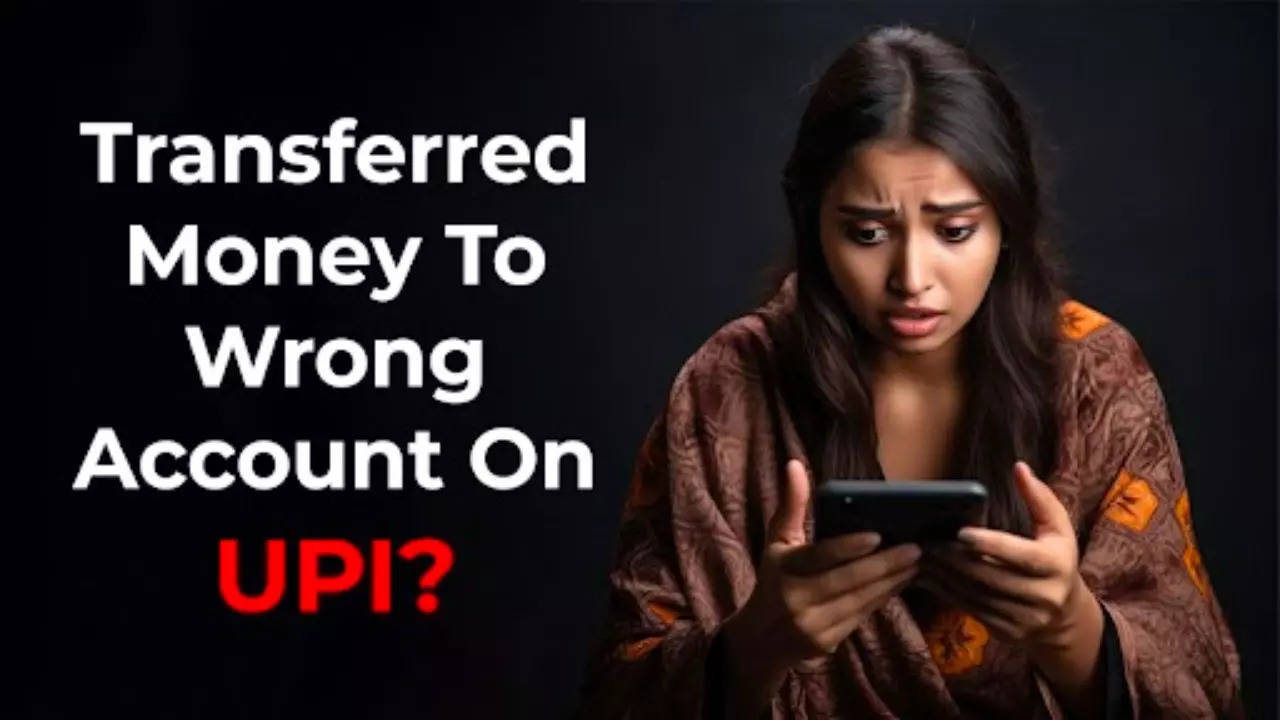Understanding the issue
For instance, you usually send money to your landlord’s mobile number, which is linked to his UPI ID.But suddenly, the number is assigned to someone else, and you’re not told. Without realising, you send money to the old number, now linked to a different person and UPI ID. Now, your main worry is getting back the money sent to the wrong recipient.
Legal experts advise that to recover money transferred to the wrong recipient, you must prove the transfer was unintentional. Once proven, the bank is responsible for reversing the transaction.
ALSO READ | Relief on the cards for Paytm customers? PhonePe, Google Pay type model being considered by Paytm to keep UPI running
ET quoted Abhay Chattopadhyay, Partner at Economic Laws Practice, stating, “In the event transfer of funds being made to a wrong recipient, sufficient proof is required to be furnished by the affected user before the bank that a transaction was done incorrectly/inadvertently.”
Chattopadhyay also noted that under Regulation 8 of the Reserve Bank of India’s Ombudsman Scheme for Digital Transactions, 2019, if a bank neglects its duty to ensure the reversal of funds transferred to the wrong recipient, affected individuals have the option to file a complaint before the Ombudsman.
Shreejith Menon, COO- Operations, Customer Service, and Facilities at Fincare Small Finance Bank, highlights the importance of promptly reporting the transfer of funds to the wrong account.
Menon further emphasised the importance of swift action if money is mistakenly transferred to the wrong account. He advised customers to promptly contact their bank, provide transaction details, and try to communicate with the unintended recipient to request a return of funds. While banks may assist in mediating, success depends on policies and cooperation. Timely reporting and close collaboration can enhance the chances of a successful resolution.
ALSO READ | Soon, know real time if NEFT, internet banking, UPI, mobile banking are working or down with new banking dashboard
To seek help from NPCI in recovering funds mistakenly transferred to another account via UPI, follow these steps:
- Visit https://www.npci.org.in/what-we-do/upi/dispute-redressal-mechanism.
- Locate the ‘complaint’ section.
- Select the nature of the transaction from the drop-down menu.
- Choose the issue. For instance, if you unintentionally transferred money to someone else, select ‘Person to Person’ as the nature of the transaction and ‘Incorrectly transferred to another account’ as the issue.
NPCI’s website outlines the steps for escalating a complaint to resolve the issue promptly. Initially, the individual should raise a complaint with the UPI app used for the transaction. If the complaint remains unresolved, the next step is to file a complaint with the bank that handled the transaction (PSP) and NPCI using the grievance portal. If all available options are exhausted and the individual is still unsatisfied with the resolution, they should approach the banking ombudsman.
Can someone access your bank account with just your phone number?
Reassigning a mobile number does not grant someone access to your bank account automatically. Banks use multi-layered security measures to safeguard customer accounts. Access to accounts typically requires secure authentication processes like passwords, PINs, security questions, and two-factor authentication. These mechanisms ensure that only authorised individuals can access and manage the account, even if the associated mobile number has been reassigned.


